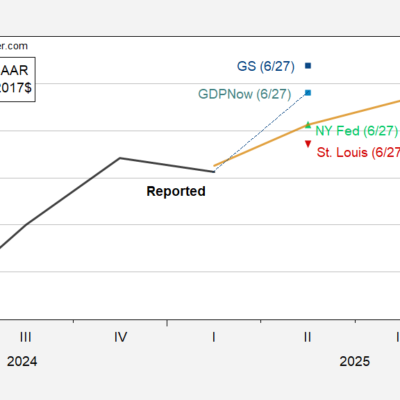Convetional European diets often boast of meat-heavy signature dishes. Austria and Germanyare still at the top in per capita meat consumption, yet they lead when it comes to a meatless diet. A total of 15% of their combined populations are vegetarian, vegan, or pescetarian, and 40% of Germans claim to be flexitarians.
Some do so for health benefit, and some for ecological or ethical reasons.
Factory farming is a major factor driving climate change, wherein cattle are biggest emission contributors. Cows kept on industrial feed produce great amounts of methane, which is a potent greenhouse gas and responsible for 25% percent of global warming. The necessary pasture space also drives deforestation. 30% of the Earth’s terrestrial areas are occupied by cattle farming only – this includes feed production as well.
Food production is responsible for ¼ of all of humanity’s greenhouse gas emissions, using 70% of all water resources and 40% of all land resources worldwide. So if the floods start coming, we’ll have to ask the cows if we can squeeze in with them.
Meat and culture wars
Eating meat has been turned into a culture war topic, with some online perosnalities taking it to the extreme and garnering millions of views by eating raw liver and testicles on camera. True, meat has always been a symbol of wealth and abundance, and these cultural markers don’t wash off so easily. In reality, plant-based dishes have formed the bulk of all human cuisines for most of our existence on this planet.
Is it possible to encourage new consumption habits by going back to some of our roots and appealing to existing cultural sensibilities? Today’s guests show the roadmap.
Guests
Felix Hnat is an economist and the President of the Vegan Society Austria and of the European Vegetarian Union. His focus is sustainable agriculture. That includes agriculture that is sustainable for farmers, companies, and consumers alike.
Zsófia Perényi is the project coordinator of the Association of Conscious Consumers Hungary. She is responsible for ACC’s community-supported agriculture program. The is the coordinator of the Hungarian CSA network and the educational officer of the International CSA network, URGENCI.
Alessio Giussani, is editor-in-chief of the Green European Journal. He is a journalist and editor based in Brussels, Belgium. As a freelance journalist, he has covered Greece for various Italian and international publications, and he was a favorite colleague of ours as a contributing editor of Eurozine.
We thank the HUN-REN Centre for Social Sciences for hosting us!
Creative team
Réka Kinga Papp anchor
Daniela Univazo writer-editor
Merve Akyel art director, Eurozine
Szilvia Pintér producer
Julia Sobota captions and translations
Zsófia Gabriella Papp digital producer
Management
Priyanka Hutschenreiter project manager
Judit Csikós head of finance
Maximilian Lehner managing director
Csilla Nagyné Kardos office administration
Video Crew
Gergely Áron Pápai DoP
Bence Bodoky camera
István Nagy sound
Postproduction
Nóra Ruszkai video editor
István Nagy lead video editor
Milán Golovics dialogue editor
Dániel Nagy dialogue editor
Art
Victor Maria Lima animation
Crypt-of-Insomnia theme music
Disclosure
This talk show is a Display Europe production: a ground-breaking media platform anchored in public values.
This programme is co-funded by the European Commission and the European Cultural Foundation.
Importantly, the views and opinions expressed here are those of the authors and speakers only and do not necessarily reflect those of the European Union or the European Education and Culture Executive Agency (EACEA). Neither the European Union nor the EACEA can be held responsible for them.






